NAPLAN literacy and numeracy failure a ‘ticking time bomb’ for work, employers warn
Australia’s hi-tech employer groups say poor NAPLAN results are a ‘ticking time bomb’, warning that students’ failure to master maths and English will sabotage jobs and growth.
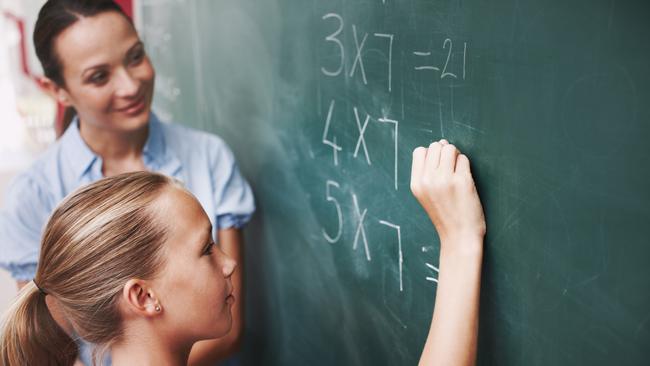
Australia’s hi-tech employer groups say poor NAPLAN results are a “ticking time bomb’’, warning that students’ failure to master maths and English will sabotage jobs and growth.
Australian Industry Group chief executive Innes Willox called on governments to stop bickering over school reforms and funding, and fix the education system after one in three students performed below baseline standards in the National Assessment Program – Literacy and Numeracy this year.
“The latest NAPLAN results are a bad sign for our country and paint a bleak picture for a more productive and competitive future,’’ he said. “The sheer number of young Australians falling behind basic and necessary foundation skills is simply unacceptable. We must get the basics right to develop the skills we need for tomorrow’s workforce. The funding issue must be resolved and the political blame game has to stop – we have well passed the time for this to be settled.’’
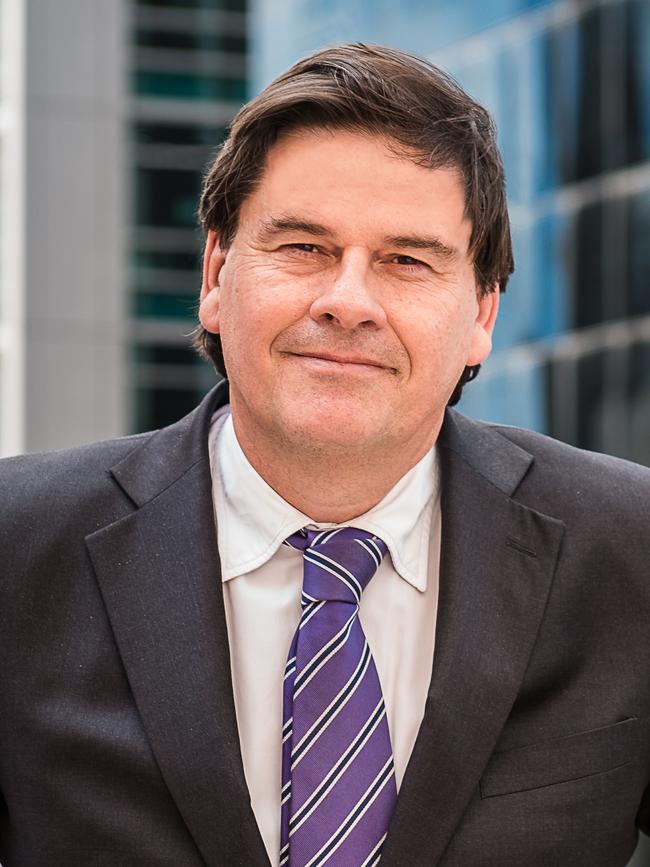
Engineers Australia called for better teaching of mathematics, after school results went backwards this year.
“The maths crisis is a ticking time bomb for Australia,’’ chief executive Romilly Madew said. “It hinders our capacity to innovate and compete globally.’’
Australian Chamber of Commerce and Industry chief executive Andrew McKellar said the low levels of literacy and numeracy among some school leavers was a “real concern’’.
“The students coming out of our secondary education system are an input into our workforce, and fundamentally there is an issue that the quality our education system is delivering is falling short,’’ he said.
The Manufacturing Industry Skills Alliance – part of the federal government’s Jobs and Skills Australia – warned that too many school leavers were not “job ready’’. It warned of an “urgent need for skilled workers’’ in the defence, energy, medical and space sectors, which will require 120,000 more workers by 2033.
“We’re not even meeting the current demand of manufacturing in your more traditional trades,’’ Manufacturing Alliance chief executive Sharon Robertson said.
“Increasing the focus on literacy and numeracy, and particularly STEM (science, technology, engineering and maths) is going to be vitally important for Australia’s sovereign capability. Manufacturing is no longer a dirty trade; the use of technology continues to be amplified.
“Students are not job-ready and not at adequate levels (of literacy and numeracy) to embrace the opportunities that present themselves, particularly in the manufacturing sector.’’
Anthony Albanese called on state and territory governments to sign a $16bn school reform and funding deal. “These are alarming results,’’ the Prime Minister said.
“We need to do better and that’s why we’ve got multiple billions of dollars on the table for an agreement with the states and territories. It’s not just about funding, it’s about things like national curriculum and how education is delivered.’’
Federal Education Minister Jason Clare said a “very important reform’’ would be the introduction of a national numeracy check for all students in Year 1, which is supported by NSW, Western Australia and the Northern Territory.
“Basic numeracy is essential, whether you are a tradie, an accountant or you work with AI,’’ he said. “It’s also why we’re strengthening the courses teachers do at university to make sure they’re well prepared to teach children to read, write and do maths.’’ The 2024 NAPLAN results reveal that students are slipping backwards in maths in both primary and high school.
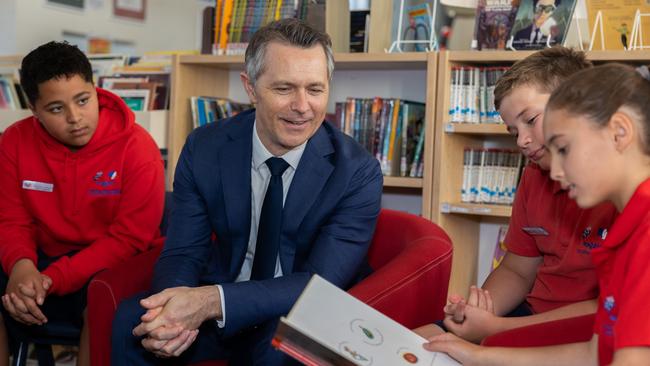
In Year 3, 34.7 per cent of students failed to meet the minimum standard this year – up from 30.9 per cent last year – while the proportion of high performers exceeding the standard fell from 12.3 per cent last year to 10.2 per cent in 2024. In Year 9, 34.8 per cent of students failed to meet the baseline standard for maths this year – on par with 2023 – but the percentage of top performers dropped from 9.9 per cent to 8.9 per cent.
Australian Mathematical Sciences Institute director Tim Marchant warned that Year 12 enrolments in high-level maths – a prerequisite for many medical, engineering and science degrees – had fallen to “all-time lows’’.
Just 9 per cent of Year 12 students studied specialist maths, while 17.7 per cent studied maths methods in 2022.
Professor Marchant said that 40 per cent of high school maths classes were being taught by “out of field” teachers – including those who specialise in physical education, history or English.
“This has very significant effects on our economy, because so many of the jobs now in the STEM space, like data science which is a form of mathematics and computer science, require good maths skills,’’ he said. “But the fraction of school children who can do those degrees at university is falling.’’
He warned against a reliance on AI to perform STEM jobs. “AI is only collecting the information that’s already been generated by real people, and refashioning it into a new form,’’ he said.
“So if you’re going to create new knowledge, you need experts in the field, which are humans.’’
Ms Madew said schools needed more teachers “who are subject matter qualified, with a strong awareness of real-world applications of maths’’.
Australian Catholic University professor of mathematics education, Vince Geiger, said it is vital that children mastered maths in primary school. “When students start high school, they should be equipped with the foundations necessary to extend their mathematical knowledge and problem-solving capabilities in order to engage with increasingly complex tasks,’’ he said.





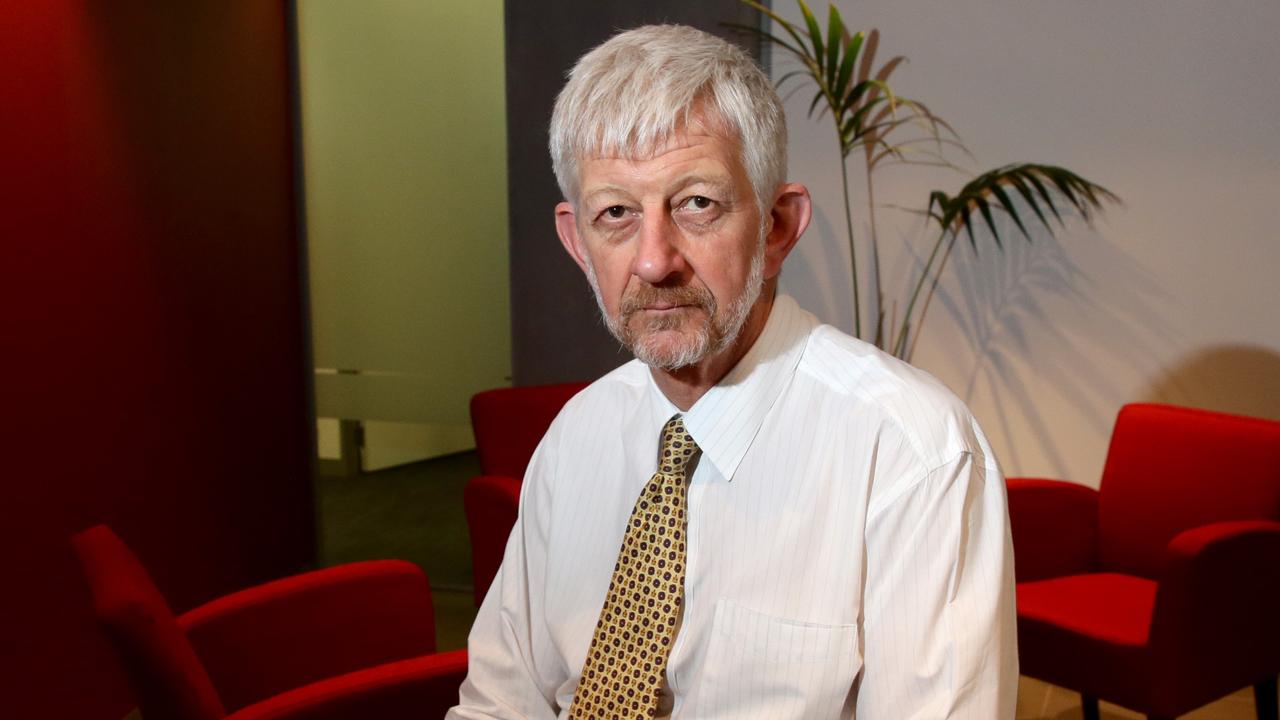
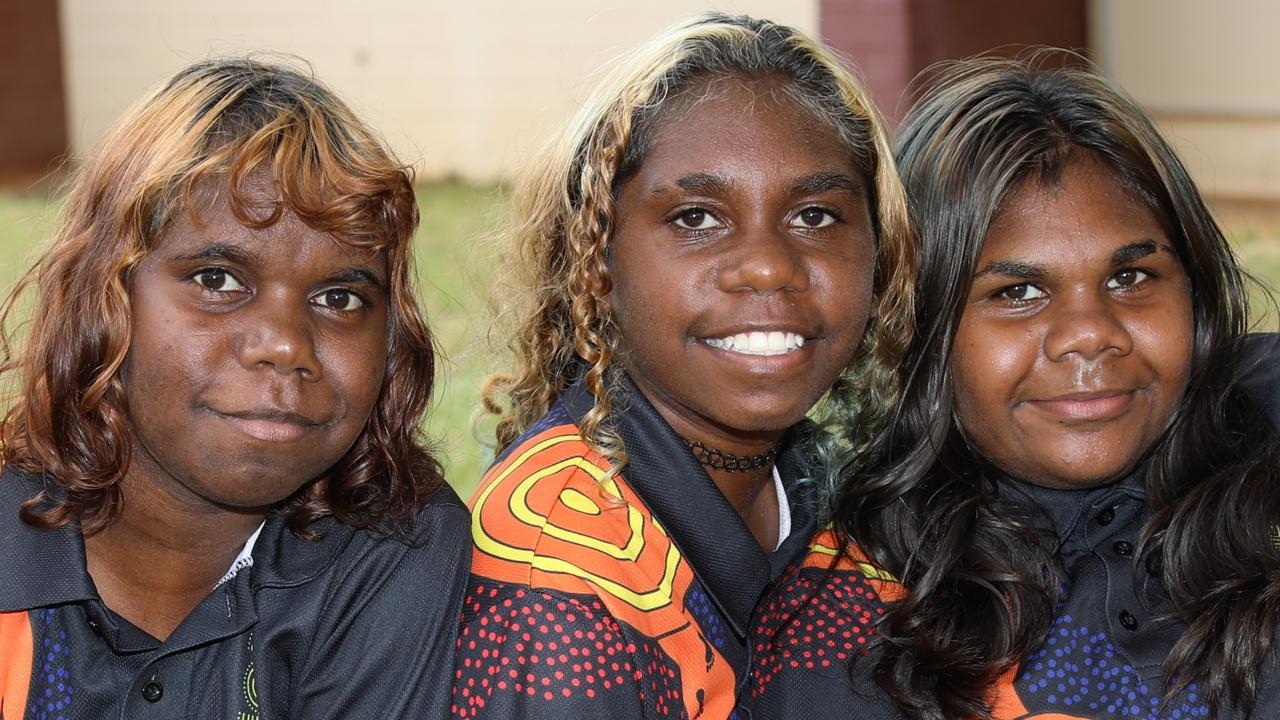
To join the conversation, please log in. Don't have an account? Register
Join the conversation, you are commenting as Logout